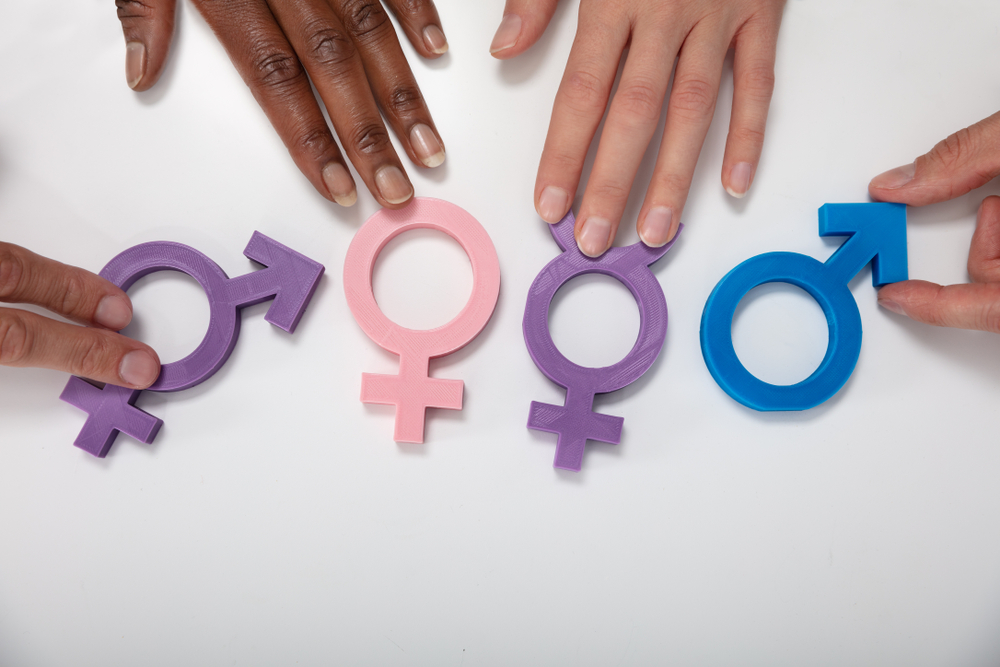Where the Scale is Off
Current scholars of sex and sexuality don’t deny the Kinsey Scale’s place in history, but can easily identify its blind spots today. “The Kinsey scale ... served a really important purpose in moving the field forward at a time when people thought about sexuality in a simplistic, binary, two-categories kind of way,” says Brian Feinstein, an associate professor of psychology at Rosalind Franklin University, whose research focuses on bisexuality and sexual and gender minority health. “But I think at this point that it is largely kind of outdated, and I don't think it's sufficiently nuanced to capture the complexity of sexual orientation and sexuality.”
A More Complex Understanding of Sexual Reality
Today, it’s generally understood that sexuality exists in shades of gray, but modern frameworks go beyond the single-line continuum Kinsey provided toward a concept of sexuality that contains much more. New tools have emerged in the years since his breakthrough.
One is called the Storms Sexuality
Axis from 1980, which expands Kinsey’s concept to a two-axis scale that accounts for attraction to same or opposite sexes, but also levels of “asexuality” and “bisexuality,” thus partially accounting for what Kinsey overlooked.

